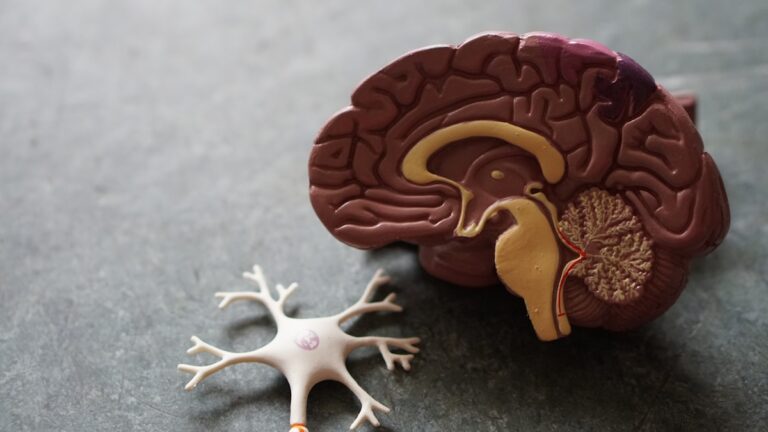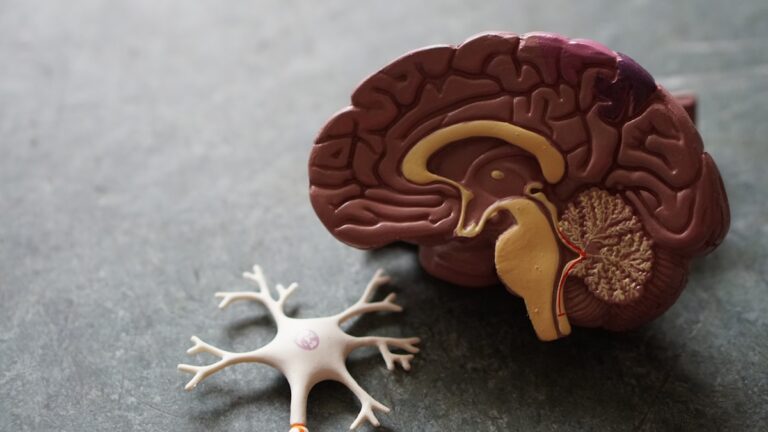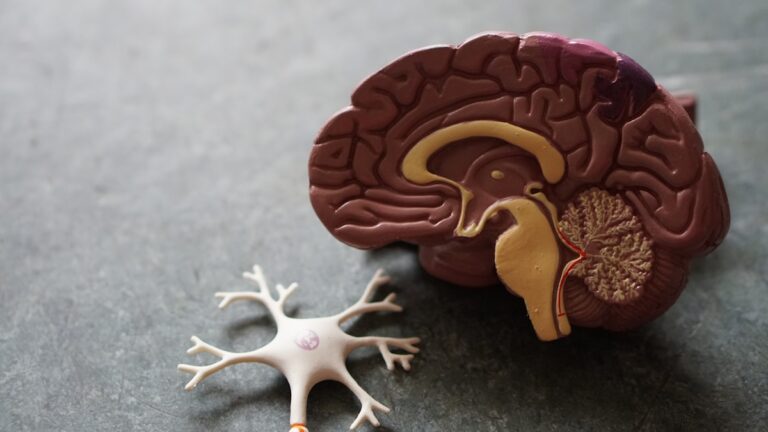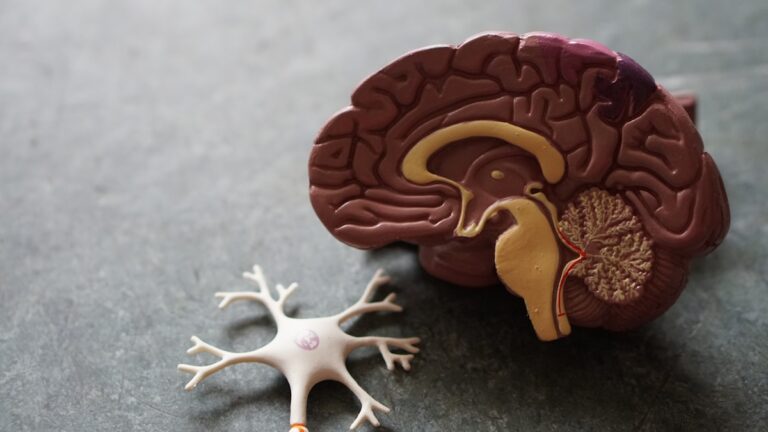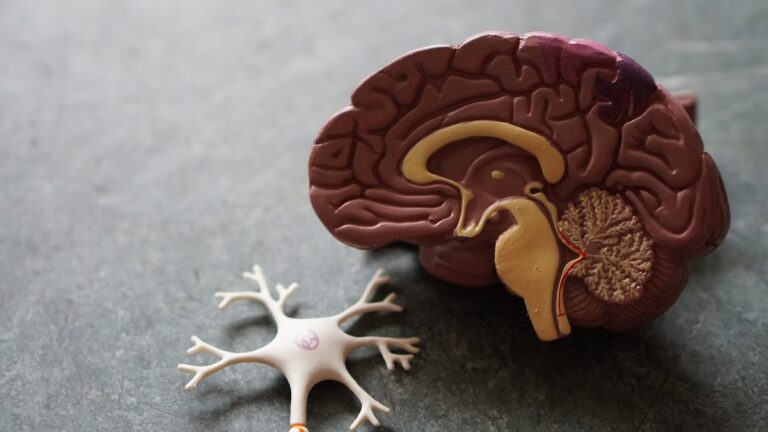Alzheimer’s disease is a degenerative brain disorder that affects millions of people globally. It is the most common form of dementia, accounting for 60-80% of all cases. It is a progressive disease that slowly destroys memory and other cognitive functions, making it difficult for individuals to carry out daily tasks. As the disease progresses, it also affects a person’s behavior, personality, and overall functioning. For those living with Alzheimer’s, it is a challenging and emotional journey both for the individuals and their loved ones.
The early stages of Alzheimer’s are often characterized by mild symptoms such as forgetfulness and confusion. At this point, the person is still able to function independently and carry out their daily activities. However, as the disease progresses, these symptoms become more severe and interfere with everyday life.
One of the first things that someone with Alzheimer’s may experience is memory loss. This can manifest as forgetting important dates, appointments, or conversations they had just a few minutes ago. As the disease progresses, the individual may start to forget more important information such as their address or phone number. This can be frustrating and confusing for both the individual and their loved ones.
In addition to memory loss, people with Alzheimer’s also struggle with cognitive functions such as problem-solving, decision-making, and reasoning. They may have difficulty following instructions or completing familiar tasks. This can lead to frustration and a loss of confidence in their abilities.
As the disease advances, individuals with Alzheimer’s also experience changes in their behavior and personality. They may become more agitated, easily irritable, and have random outbursts. This can be difficult for family members to understand, especially if their loved one has always been calm and composed. The person may also exhibit repetitive behaviors such as pacing or hand-wringing.
Living with Alzheimer’s can also be isolating for individuals as they may withdraw from social activities and interactions. They may feel embarrassed or ashamed of their forgetfulness and struggle to keep up with conversations. This can lead to feelings of loneliness and depression, both for the individual and their loved ones.
Another aspect of living with Alzheimer’s is the loss of independence. As the disease progresses, individuals may need assistance with daily tasks such as bathing, dressing, and eating. This can be difficult for individuals who have always been self-sufficient and can cause feelings of frustration and helplessness.
One of the most challenging aspects of living with Alzheimer’s is the gradual loss of memories. For many people, memories are an essential part of their identity and losing them can be devastating. Individuals with Alzheimer’s may forget important events, people, and even their own family members. This can take a toll on their emotional well-being and cause confusion and distress.
As Alzheimer’s progresses, individuals may also experience physical changes such as difficulty walking, swallowing, and controlling their bladder and bowel movements. This can make it challenging to carry out daily activities, leading to a loss of independence and further isolation.
Living with Alzheimer’s also means constantly adjusting to new challenges and limitations as the disease progresses. One day, a person may be able to do something independently, but the next day they may struggle with the same task. This can be frustrating and confusing for both the individual and their loved ones.
It is also important to note that Alzheimer’s not only affects the individual but also their loved ones and caregivers. Family members may experience a range of emotions such as grief, guilt, and anger as they watch their loved one slowly decline. Caregivers also face physical, emotional, and financial challenges as they provide care for their loved one.
In conclusion, living with Alzheimer’s is a difficult and emotionally taxing journey for both individuals with the disease and their loved ones. It requires patience, understanding, and support from family, friends, and healthcare professionals. It is important to remember that despite the challenges, individuals with Alzheimer’s are still capable of experiencing joy, love, and happiness. With proper care and support, they can continue to live meaningful lives and make the most of each day.

